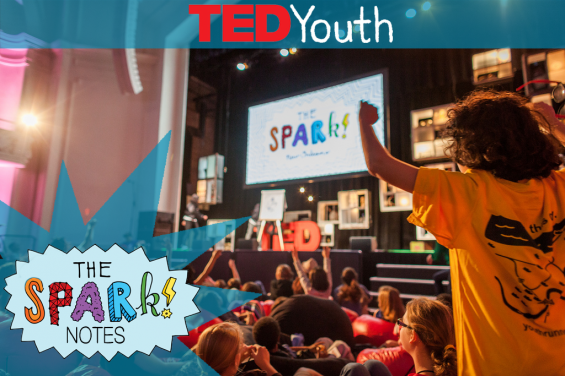
Students go silent to raise awareness for those with no voice
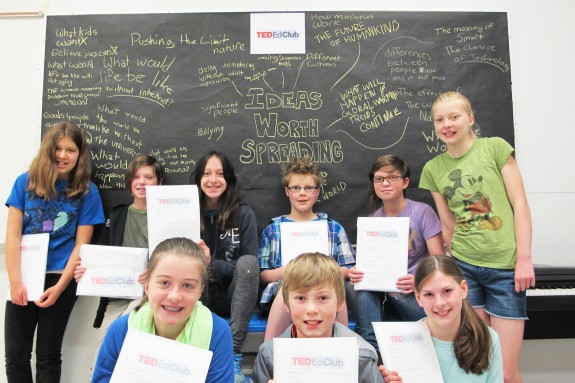
The TED-Ed Club initiative encourages students to lift their voices and proclaim their thoughts, opinions, and big ideas with pride. TED-Ed Club Members around the world have risen to this challenge, passionately presenting on everything from “The power of positivity” to “The dangers of racism.” However, on April 17, 2014, Ridgeview Intermediate School’s TED-Ed Club in Vancouver, Canada took a step back from the freedom to express openly, observing a Day of Silence in recognition of their peers around the world who do not have a voice or opportunity to share their opinions.
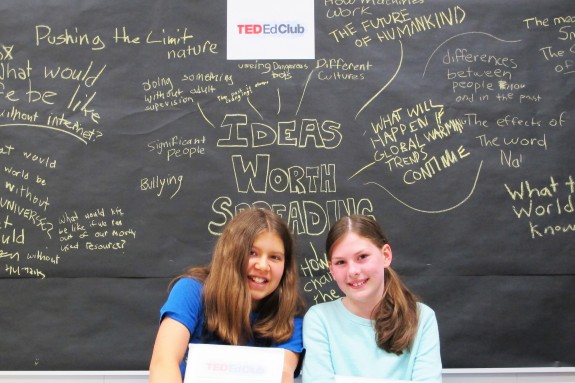
On this Silent Day, club members, including sixth graders Kirsten Danae Nielsen-Moller (above left) and Jennifer Ellis-White (above right), took the opportunity to assess and share the challenges youth around the world face on a daily basis. Their powerful written reflections resonate as a gentle reminder that access to education and free speech should not be taken for granted.
Kirsten Danae Nielsen-Moller explains:
A few days ago, Ridgeview intermediate students participated in Silent [D]ay, which occurs once every year. Now, you may think that being silent for a whole day is pointless; I mean, who wouldn’t prefer to chat with their friends about the coolest movie from 2014 or complain about an upcoming test? It took me a while to realize the true meaning of Silent [D]ay myself. But then I read the book Iqbal.
For those of you who are not yet familiar with that name, Iqbal was a child labourer who killed at a young age. He worked at carpet factories for years to pay off his father’s debt until he ran away and was able to help many other children escape, too. As I read the book – which was written from a child labourer’s point of view – I noticed how none of the children had a voice (hypothetically speaking). Their master told them what to do every day, and they did it. No complaining, unless they wanted to get punished, and no disobeying unless they wanted to attract unnecessary attention from their master. There were simple yet unfair rules to follow: do what the master tells you to, do not complain, do not talk during work time, and don’t attempt to run away unless you want trouble. Child labour goes on and on through generations of families like a bad disease. It is very hard to end child labour once a person in the family has experienced it before so in order to end it there has to be a change; something out of the ordinary.
Opposed to child labourers, in [my area in] Canada we kids can voice our opinions. I consider myself very lucky to live in Canada and decide what I want for my life and future. In Ridgeview, we have many opportunities to share our opinions and thoughts, such as the TED-Ed Club, where we talk and share about important and engaging topics that we care about. Not everyone has the opportunities that I posses and I believe it is my responsibility as a Global Citizen to fight for what is right for everyone. That is what silent day means to me and why you should care.
In another silent reflection from their TED-Ed Club, Jennifer Ellis-White writes about the simple privilege of attending school:
The reason that the students of Ridgeview were silent was not a sign of protest nor rebellion but an act of compassion. When we were silent, we were honoring the children of the world who have no say in anything. No say through complaint, objection or idea. We were silent to stand by the side of Iqbal, a boy brave enough to stand up against child labor, and Malala, a young woman who went against the Taliban in an attempt to let girls go to school. These children are just like us, yet they have a roadblock in their life that we could never face. Silence.
People who cannot go to school have the problem of not being able to voice their opinions to the world. However, here in Canada, if a child wants to share their opinion, they can send letters, give speeches and use media to get ideas around. Or they can go to [a] TED-Ed [Club] that lets kids talk about ideas they think are worth spreading. But in some [places], that is a luxury that is all but impossible. The ability to say what one is thinking is a right, not a privilege.
This reminds me of my TED-Ed Club, where we get to express our ideas through presentations. We are able to share our thoughts on child rights or inquire into child labor. Not only are we not silent, but we are encouraged to share our ideas with classmates, schools and the world. A child’s voice is powerful and we should promote oral equality to the best of our abilities.
Access to one’s voice and an education — are these rights or privileges? Share your thoughts and reactions on the TED-Ed community page.
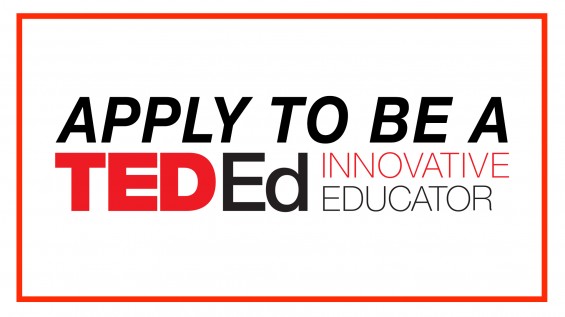
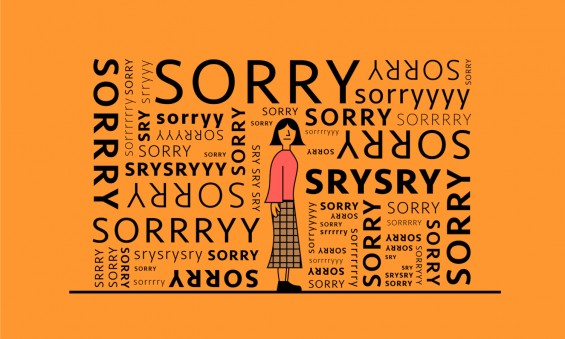
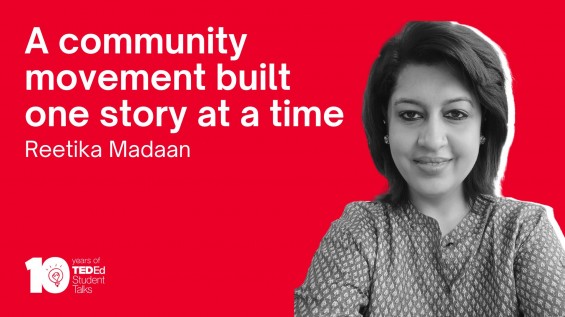
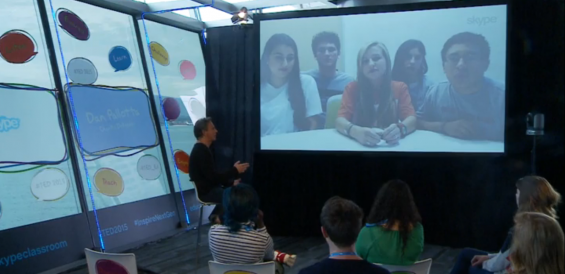
I Agree With this article</strong